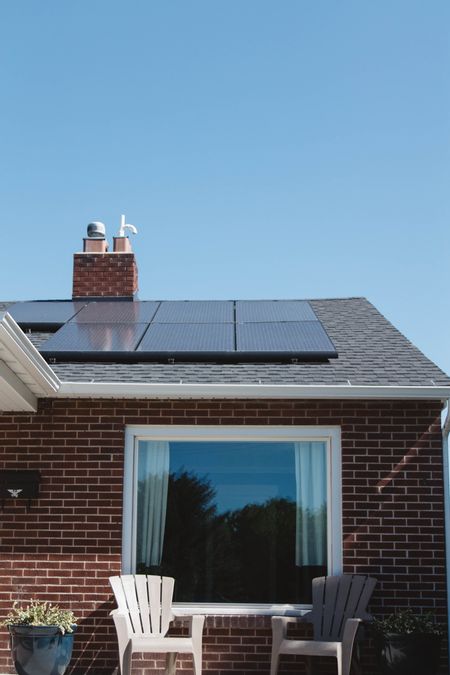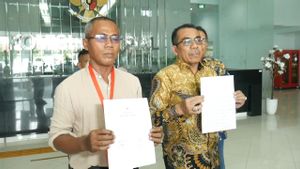YOGYAKARTA One of the alternative energy sources that are becoming known to the public is the roof PLTS. However, the distribution has not been so massive because the information related to energy is not yet familiar to the public's ears. The VOI team will try to provide information on various information related to the roof of the PLTS.
PLTS stands for Solar Power Plants. As the name suggests, this energy source utilizes the sun with a photovoltaic solar panel.
Based on a book entitled Top PLTS Planning and Utilization Guide in Indonesia issued by the Indonesia Clean Energy Development, the Athlete PLTS is, based on SNI 8395:2017, the power generation system whose energy comes from solar radiation through conversion of photovoltaic cells which then converts sunlight to electricity.
The higher the intensity of solar lactation caught by photovoltaic cells, the higher the electricity generated.
The roof PLTS is considered suitable for use in Indonesia because the intensity of sunlight is quite high, supported by tropical climates and positions on the equator.
The PLTS The roof has a number of advantages, one of which is more environmentally friendly. Unlike fossil fuels, the roof PLTS indirectly reduces the effects of global warming. Every 1 kWp of solar energy is able to reduce CO2 emissions by 9 tons per year.
In addition, the production price of thetop PLTS is relatively more stable, unlike the fluctuating price of fossil fuels.
The community can install a roof PLTS, but the installation requires project licensing, especially on a large scale so that it is not branded illegal. The public can also choose the type of solar panels based on needs, such as panel 1 kWp, 2 kWp, 4 kWp, or 6 kWp. While the roof PLTS system mechanism is as follows.
There are costs incurred to people who want to install a roof PLTS. This is explained by the Director General of New, Renewable Energy and Energy Conservation (EBTKE) of the Ministry of Energy and Mineral Resources, Dadan Kusdiana.
Quoted from CNBC Indonesia, the cost of installing thetop PLTS depends on the capacity chosen by consumers.
"The figure is at Rp. 14 million, up to Rp. 17 million per kilo Watt peak (kWp). It depends on capacity. It includes all kinds of converters but outside buying meters, Rp. 1.7 million that must be purchased to PLN," explained Dadan, quoted Tuesday, September 06.
However, it should be noted that the installation of roof PLTS (and other PLTS applications) cannot be installed alone. Installation is only carried out by business entities that are officially registered as PLTS Development and Installation Business Entities. While the list of these business institutions can be seen here.
That's information related to thetop PLTS. To get other interesting information, visit VOI.ID.
The English, Chinese, Japanese, Arabic, and French versions are automatically generated by the AI. So there may still be inaccuracies in translating, please always see Indonesian as our main language. (system supported by DigitalSiber.id)













